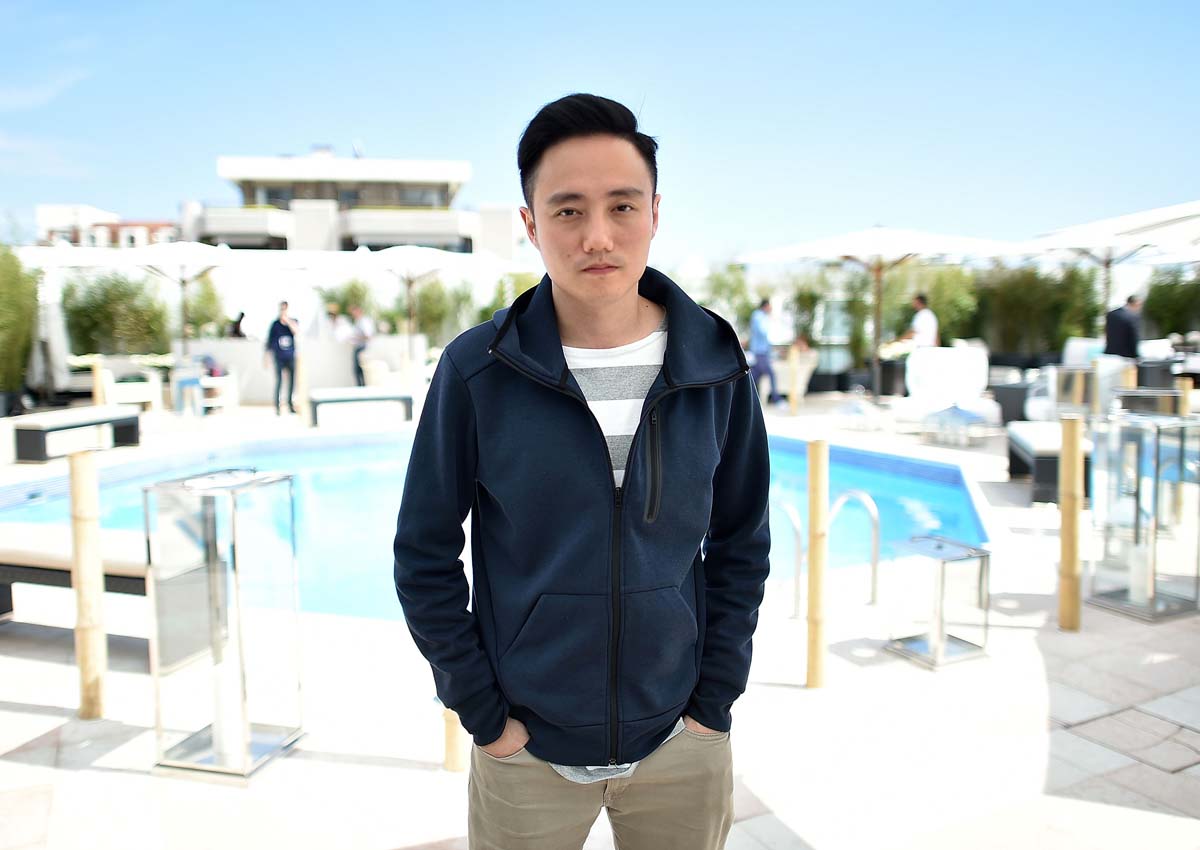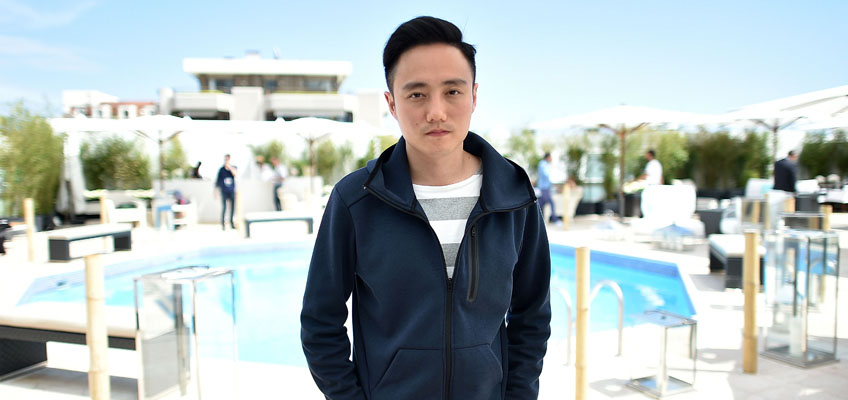CANNES – Before he made his new film about the death penalty, Boo Junfeng sat down to tea with some of Singapore’s retired hangmen.
He also talked to the priests and imams who helped condemned prisoners make their last walk to the gallows.
And most difficult of all, the young film-maker spent years trying to reach through the curtain of shame to families who had lost fathers and sons to the hangman’s rope.
But it was only after Boo, whose film premieres at the Cannes Film Festival on Monday, met one particularly “humane” executioner that he had an epiphany.
He realised that no movie has ever dealt with the whole horrible business from the perspective of the man who pulls the lever.
“I had already started to write (the film) but after I met the first hangman I couldn’t write for three months. What completely threw me was how much I enjoyed his company,” said Boo.
“He was not like I thought. He was likeable, charismatic, grandfatherly jocular and open about what he did. He took pride in the almost caring way he looked after the prisoners trying to make it as humane as he could, and I realised how difficult that was.
“He really shook up my ideas and forced me to rethink everything.”
So Boo took his film – which he toiled over for five years – one step further. Apprentice has a shocking twist. It is the story of a young man who ended up learning the executioner’s trade from the man who opened the trapdoor on his own father.
More surprising still is the intensity of the almost father-son relationship that develops between the young prison guard and the hangman.
“He is in some ways searching for his father,” Boo said. “And in doing that he finds this man. What I was going for was human truth. I didn’t want to make it an activist film.”
The death penalty is nevertheless a hot political issue in Singapore and in neighbouring Indonesia, particularly when foreigners have fallen foul of strict anti-drug smuggling laws.
The execution of seven foreigners in Bali last year – including two Australians and a mentally ill Brazilian – sparked an international outcry, and several others, including a British woman and a Frenchman, are still on death row there.
Boo said he began his research with the book Once A Jolly Hangman, which features Darshan Singh, Singapore’s chief executioner for nearly 50 years who once executed 18 men in one day.
Its British author Alan Shadrake was arrested the morning after the book’s Singapore launch in 2010 and was held for a month in Changi prison for insulting the country’s judiciary.
He had criticised the way he claimed the death penalty was disproportionately applied to the poor, while well-connected criminals and wealthy foreigners escaped the noose.
Boo shot the prison scenes in disused prisons in Australia to avoid controversy in the tiny city state, where an estimated 95 per cent of the population still support the death penalty.
“It would have been easy to make a film about the death penalty itself, but it’s much bigger than that. I learned so much about the value of human life” from making the movie.
Boo, 32, one of a new wave of talented Singapore film-makers, said his friends who are against the death penalty “may be disappointed by the film”, which is showing in the Certain Regard section at Cannes.
“I took myself out of the comfort zone to address the issue from a different point of view. I don’t have a view myself. Because the humanity behind the issue is so much more complex,” said Boo, whose semi-autobiographical first feature Sandcastle was a hit at the French festival in 2009.
“Apprentice took so long because I had so much to learn, so many things were beyond my experience and very few people really knew (about this world)… And unfortunately almost of them are not around” to tell the tale.



















